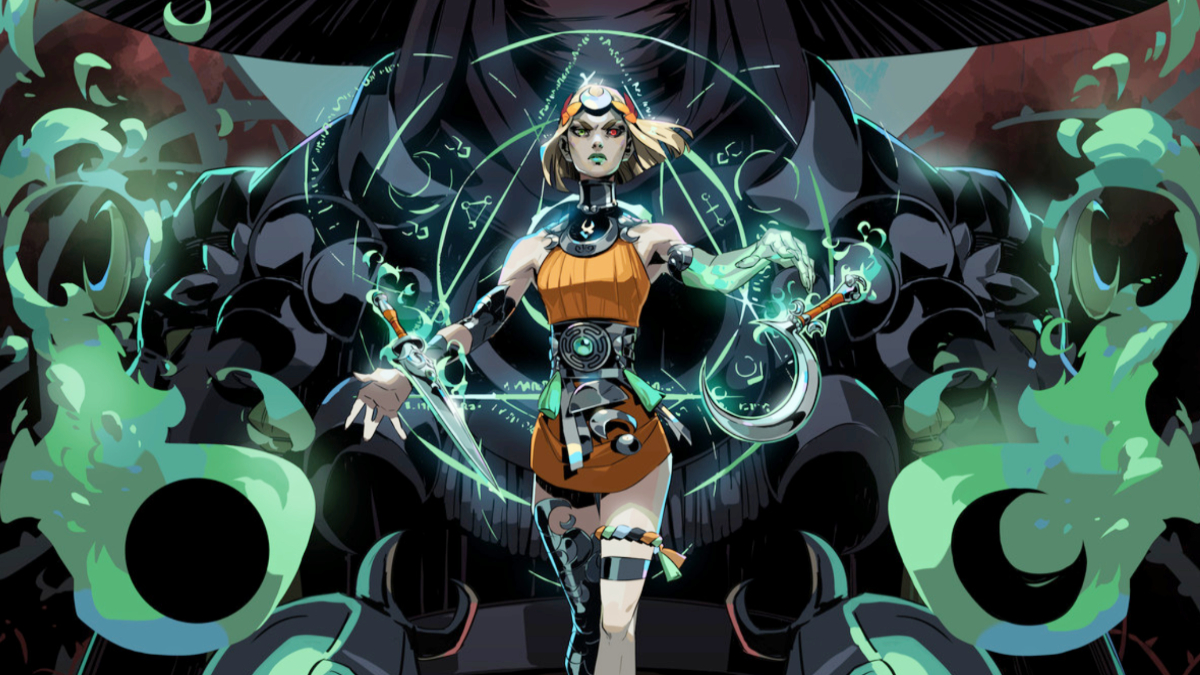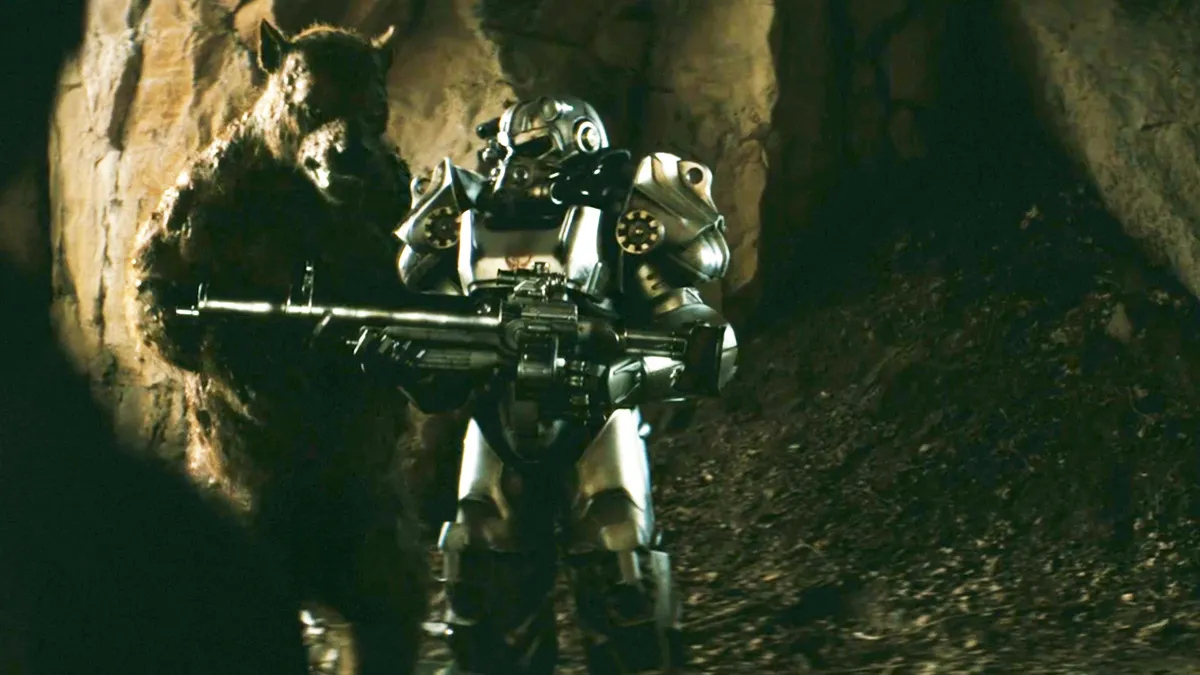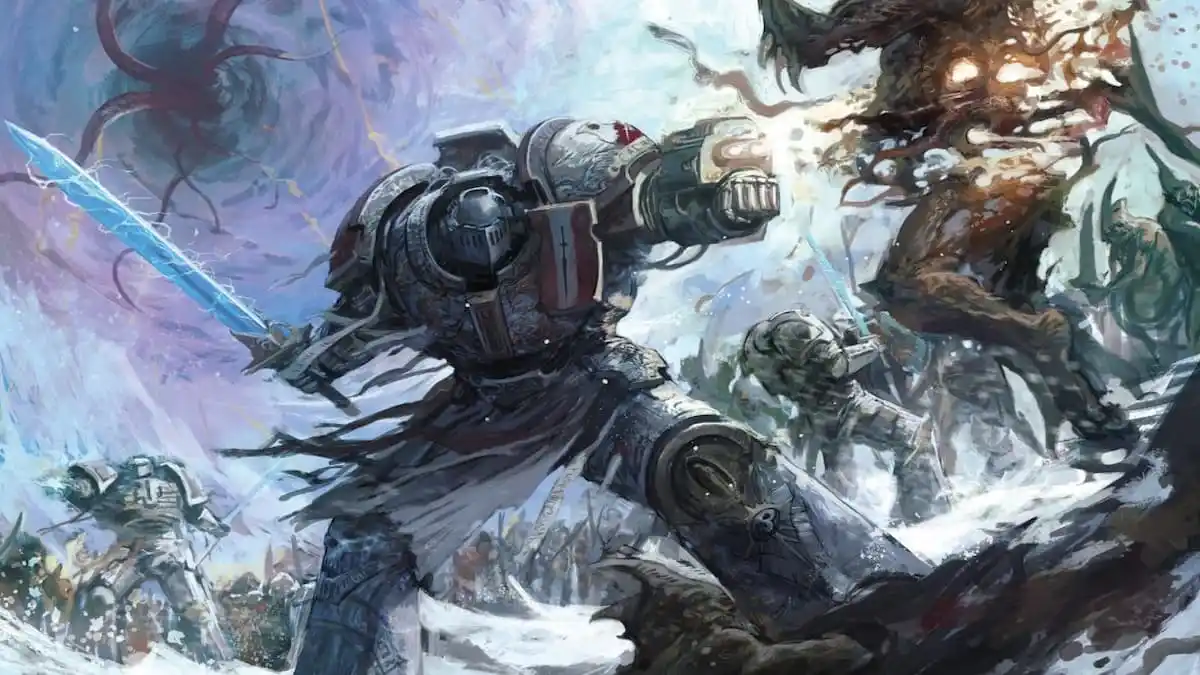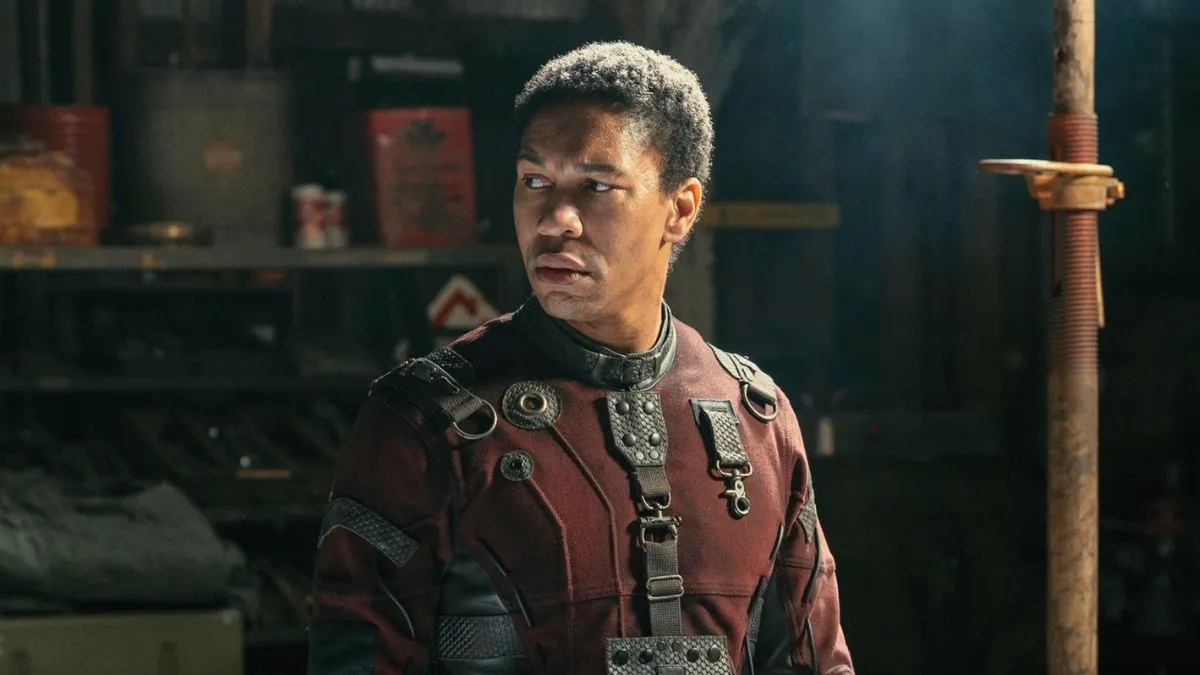
Transcending history, the war between Ubisoft’s Templars and Assassins has become a familiar haunt for gamers everywhere. After all, in its seven years of existence, the publisher’s popular Assassin’s Creed series has spawned a wealth of titles across multiple platforms, and had sold over seventy-three million copies by April of this very year. It’s a juggernaut that became a somewhat unexpected annual release, and one that doesn’t show signs of slowing down anytime soon.
After taking us out to sea with 2013’s Assassin’s Creed IV: Black Flag, Ubisoft’s worldwide network of studios shipped two separate SKUs this holiday season. First on that list was the series’ highly-touted next-gen debut, Assassin’s Creed Unity, which ended up receiving mixed reviews. And, behind its large shadow was Assassin’s Creed Rogue, a last-gen only return to North America’s troubled waterways. However, despite offering different experiences, both titles take place in the same realm and within the same time period, that being the mid-18th century.
Although Unity‘s story is centred in both Paris and Versailles, Rogue presents a seafaring experience that isn’t locked into just one or two environments. It’s both a blessing and a curse, so to speak, because the game’s abundance of sailing tends to become a bit much after a while. That’s also true of its overwhelming map, which has only a set amount of established locations amongst many small islands and inlets, with each one having its own side quests, activities and viewpoints.

Those who decide to go for 100% completion in Assassin’s Creed Rogue will have their hands full to say the least. Not only are there a multitude of locations to explore, but there are also sixty viewpoints to scale, in addition to a wealth of side quests and collectibles spread across the game’s large world. I don’t particularly enjoy complaining about there being too much to do in a video game — especially given how much they cost these days — but it really feels as if Ubisoft threw everything but the kitchen sink into this one in order to pad its length. There’s a lot to do, sure, but it’s an almost dizzying list that will force you to spend much more time sailing the open seas from point-to-point than you’ll spend completing the core game.
Featuring cameos from important members of the American Saga’s cast, this particular instalment tells the time-bending story of one Shay Patrick Cormac, a conflicted newcomer who begins his quest as an Assassin before switching sides and becoming a Templar. Thus, it marks the first time that we’re given the opportunity to spend an abundance of time in the enemy’s shoes.
Throughout this eight-to-twelve hour-long campaign, the Assassins are painted in a very poor light, as renegades who fail to stop and think before acting. That’s because, at the centre of Rogue lays a set of mysterious artifacts that can apparently be used to show the way to Precursor temples. Precursors, for those who are late to the party, are thought to have preceded what we consider to be human beings.
Shay’s defection may not sit well with those who’ve been fighting this battle from one side for close to a decade, but it’s a nice change of pace. For too long, we’ve been told that the Assassins are the only ones with good intentions, but this game proves otherwise. After all, one doesn’t simply defect on a whim; it happens for a reason, and Shay’s is as good as any. He’s not just in it for money, fame or all out revenge. Instead, his goal is to save the world from imminent destruction.
Although it starts off slowly, Assassin’s Creed Rogue develops into an important narrative experience that plays a vital role in Ubisoft’s attempt to conclude the American Saga, while bridging to Unity at the same time. I’ll avoid saying anything more about that, though, out of fear of spoiling things. That said, those who stay invested until the end are in for a neat surprise.
Given its North American focus and seafaring nature, it’s unsurprising to note that what’s presented here resembles Black Flag more than Unity. In fact, very little has changed between Edward Kenway’s voyage and Shay Cormac’s adventure. Assets are reused, side quests are recycled, and the gameplay is predominantly the same. Yes, your ship turns tighter and the combat is easier, but there’s nothing revolutionary to be found here. This is still the same mix of land-based assassinations and cannon-filled naval combat. The addition of icebergs, bone-freezing arctic water and breakable ice sheets doesn’t change that.

After Black Flag, I felt that I had had enough of the series’ naval combat, so it wasn’t something I looked forward to doing more of in Rogue. My stance changed a bit as I played through this game, but I still feel that they’ve overdone it with the focus on ship battles. It was cool the first time around, and still somewhat fun the second time through, but it’s become old hat now. I also don’t enjoy having to search the world for materials in order to repeatedly upgrade my ship so that it’s strong enough to compete.
There were some new additions that I did enjoy, though none of them ended up being overly noteworthy or anywhere near game-changing. The first thing on this list is the reverse assassinations, where stalkers from the Assassins’ Guild attempt to ambush Shay as he makes his way over land. Though it’s far from a creative mechanic, I enjoyed searching the buggers out and killing them before they got me. In that same light, finding and capturing doves opens up timed challenges where Shay must stop assassins from killing a specified target.
What wasn’t very enjoyable, though, were the present day missions. Playing as an unnamed Abstergo Entertainment employee was okay the first time around, but now it’s just cheesy. Honestly, it feels like an attempt at tongue-in-cheek humour by Ubisoft itself, because it seems as if they enjoyed creating a workplace like their own, where inter-office emails are in abundance. I enjoy their adjusted history as much as anyone else — although I wish they’d slow down a bit and give this franchise a breather — but I don’t have any interest in hacking computers in order to gain access to emails and audio logs. I’m sorry, but it’s boring, and that’s pretty much all you do in these present day sequences.

As far as Rogue‘s presentation goes, it’s tough to complain, because there’s nothing wrong with either its visuals or its audio. Both are serviceable and do their jobs well without standing out in any particular way. It’s the game’s writing that stands out the most, and makes it memorable, not its tried and true gameplay.
Assassin’s Creed-obsessed gamers will undoubtedly want to give Assassin’s Creed Rogue a shot, and they’ll surely enjoy themselves while doing so. However, the game’s tried and true formula and everything but the kitchen sink mentality make for a gameplay experience that feels undercooked.
This review is based on the Xbox 360 version of the game, which we were provided with.












